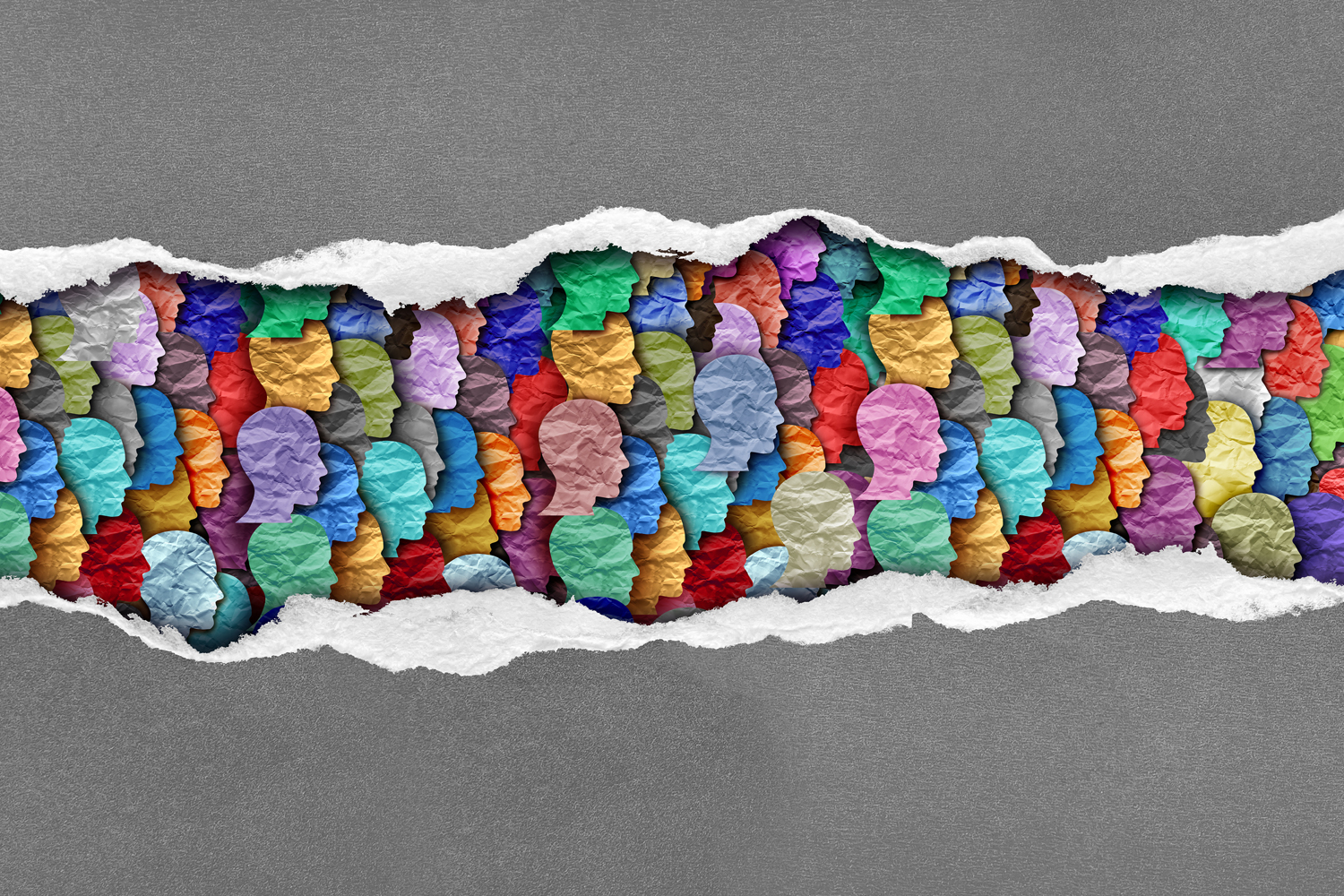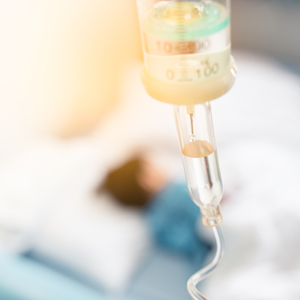-
Understanding Stress and Cancer
A symposium at the AACR Annual Meeting explores how social factors contribute to elevated risk of cancer in some populations.
by Eric Fitzsimmons
-
The Impact of the RACE for Children Act
Legislation to speed cancer drug development for children and adolescents requires drug companies to test drugs in children, but trials in people under 18 may take years to generate results.
by Marci A. Landsmann
-
Making Collaboration More Common for Rare Cancers
An AACR Annual Meeting 2022 session highlights the impact of research advocacy partnerships for a variety of cancers.
by Marci A. Landsmann
-
Second DCIS Diagnoses May Not Be Related to Initial Lesion
DNA sequencing found that in many cases when DCIS recurred, the lesion was unrelated to the first diagnosis, raising questions about how to best treat recurrence.
by Eric Fitzsimmons
-
Forward Look
Adequate RepresentationMedical oncologist Lola Fashoyin-Aje describes the Food and Drug Administration’s efforts to make clinical trials more inclusive.
by Erin O'Donnell
-
Forward Look
Comparing Antibody-Drug Conjugates for Metastatic Breast CancerResults favor Enhertu for treating metastatic breast cancer that recurs or does not respond to first-line treatment.
by Kris Conner
-
Forward Look
Who Benefits From Immunotherapy?Success of immune checkpoint inhibitors in clinical trials does not always carry over to patients in the clinic.
by Delia O'Hara
-
Forward Look
What’s Next?Artificial intelligence may help to classify colorectal polyps.
by Nancy Averett
-
Forward Look
Fasting-Mimicking Diet Increases Anti-Tumor ImmunityResearch suggests short bursts of intense calorie restriction could improve treatment response in patients with a range of cancers.
by Robin Donovan
-
Forward Look
Coordination of CarePilot program emphasizes standards to streamline patient care.
by Carolyn Bernhardt
Cancer Talk
At-home Prostate Cancer Test May Help Some Men Avoid Biopsy
The test, which analyzes urine for 18 cancer-specific genes, ruled out the need for biopsy in men with elevated PSA without a digital rectal exam.
by Sandra Gordon
The Power of ComedyIn a new play, the pain of cancer can be a chance to laugh.
by Ashley P. Taylor
Melanoma Risk in Childhood Cancer SurvivorsPeople treated for childhood cancer found to have twice the risk of developing melanoma as an adult.
by Cameron Walker
Online Second OpinionsMore than half of patients who participated in a program offering online second opinions were recommended a change to their treatment plan.
by Eric Fitzsimmons















